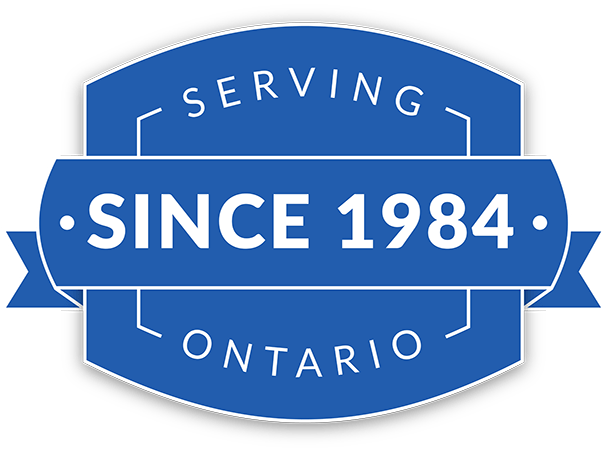From cabin to cottage to seasonal home… has your insurance coverage evolved too?
It wasn’t so long ago that families enjoyed summer living at their rustic cabins and cottages. Wood frame dwellings with screen doors that usually didn’t keep the mosquitoes out. Reading books by lantern because there wasn’t electricity. Meals cooked over campfires followed by an evening of songs around that same campfire.
Today when people plan a weekend or vacation at the family cottage, it is much different. Simple “get-away” locations have turned into second homes – fully winterized properties with modern kitchens, state-of-the-art appliances, big screen TV’s with satellite dishes, hot tubs, and more.
If this sounds familiar, you have to ask … “Has your insurance coverage kept pace with the increased replacement value of your property?”
For many cottage owners, improvements, renovations and additions have taken place over several years. With each upgrade, has come new furniture, electronics, and other personal property. Now, with real estate inflation, material and rebuilding costs rising, it is easy to see how your insurance coverage could fall behind. Don’t wait for a loss to find out you are under-protected.
Take a moment and consider these questions.
- Can your seasonal dwelling be rebuilt for the amount you have it insured for now?
- In the event of a total loss, do you have enough contents coverage to replace all of your personal belongings at the cottage?
Today you can get insurance for seasonal properties that’s as simple as basic fire coverage or as comprehensive as the coverage you have on your “principal residence”.
Call us to review your cottage coverage needs, and we’ll make sure you get “insurance that fits!”

